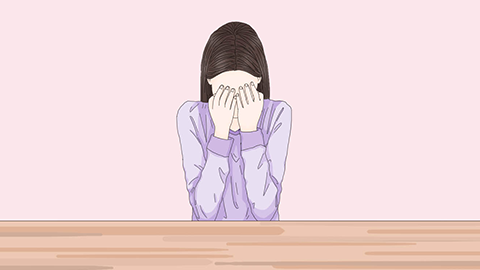What causes irritability in patients with hypothyroidism?
Hypothyroidism usually refers to hypothyroidism. Generally, the main causes of irritability in patients with hypothyroidism include hormonal imbalance, neurotransmitter disorders, poor sleep quality, slowed metabolic rate, and decreased emotional regulation ability. If discomfort symptoms occur, it is recommended to seek timely treatment at a reputable hospital. Detailed analysis is as follows:
1. Hormonal Imbalance
Hypothyroidism leads to insufficient secretion of thyroid hormones, affecting the body's hormonal balance and subsequently disrupting the stability of the nervous system, making patients prone to emotional agitation and irritability. Patients should use medications such as levothyroxine sodium tablets or thyroid extract tablets under medical guidance to supplement thyroid hormones and maintain stable hormone levels.
2. Neurotransmitter Disorders
A deficiency in thyroid hormones can affect the synthesis and release of neurotransmitters in the brain, such as serotonin and dopamine, which are associated with emotional regulation. Disruption of these substances can lead to irritability. Consuming foods rich in tryptophan, such as bananas, milk, and nuts, may help with neurotransmitter synthesis. Additionally, thyroid hormone supplementation should be followed as directed by a physician.

3. Poor Sleep Quality
Hypothyroidism may cause excessive sleepiness along with poor sleep quality and frequent awakenings. Long-term sleep deprivation can make the brain's nerves more excitable, leading to emotional irritability and anger. It is important to maintain a regular sleep schedule, create a good sleep environment, and, if necessary, use medications such as estazolam tablets, zopiclone tablets, or zaleplon tablets under medical supervision to improve sleep.
4. Slowed Metabolic Rate
Hypothyroidism slows the body's metabolic rate, leading to inefficient elimination of metabolic waste. Accumulated toxins may affect nervous system function, resulting in mood swings and irritability. Increasing physical activity appropriately, such as walking or yoga, can help eliminate metabolic waste, and should be combined with thyroid hormone replacement therapy.
5. Decreased Emotional Regulation Ability
Long-term illness may lead patients to experience anxiety and depression due to physical discomfort and reduced quality of life, which can further reduce emotional regulation ability and make them prone to anger. Emotional counseling through psychological consultation can help relieve negative emotions. When necessary, medications such as sertraline tablets, paroxetine tablets, or fluvoxamine tablets may be used under medical guidance to improve emotional state.
In daily life, it is important to maintain a regular routine and avoid excessive fatigue; eat a balanced diet to ensure adequate nutrition; communicate frequently with family and friends to release negative emotions; and undergo regular thyroid function check-ups to adjust treatment plans according to test results.









